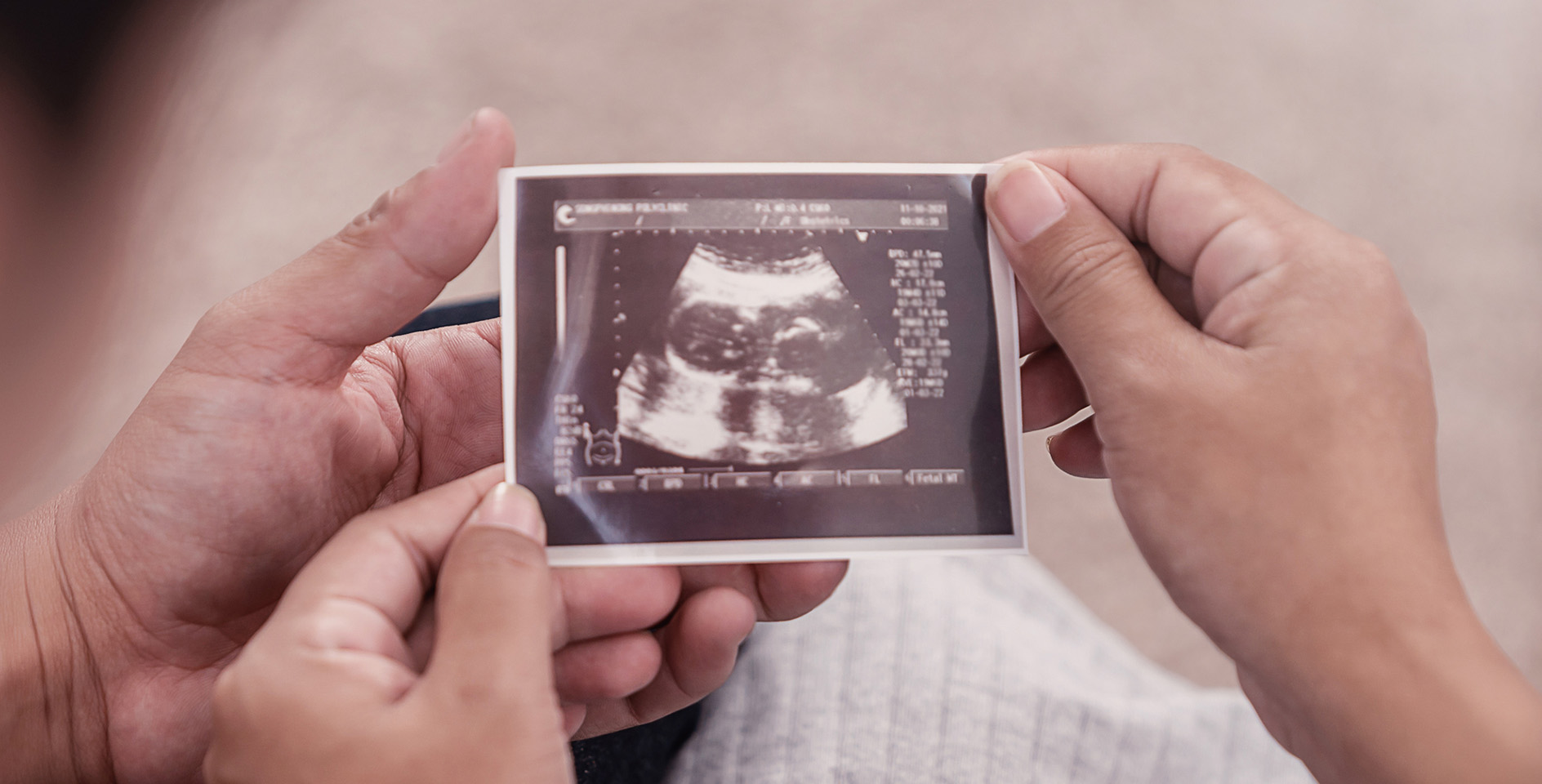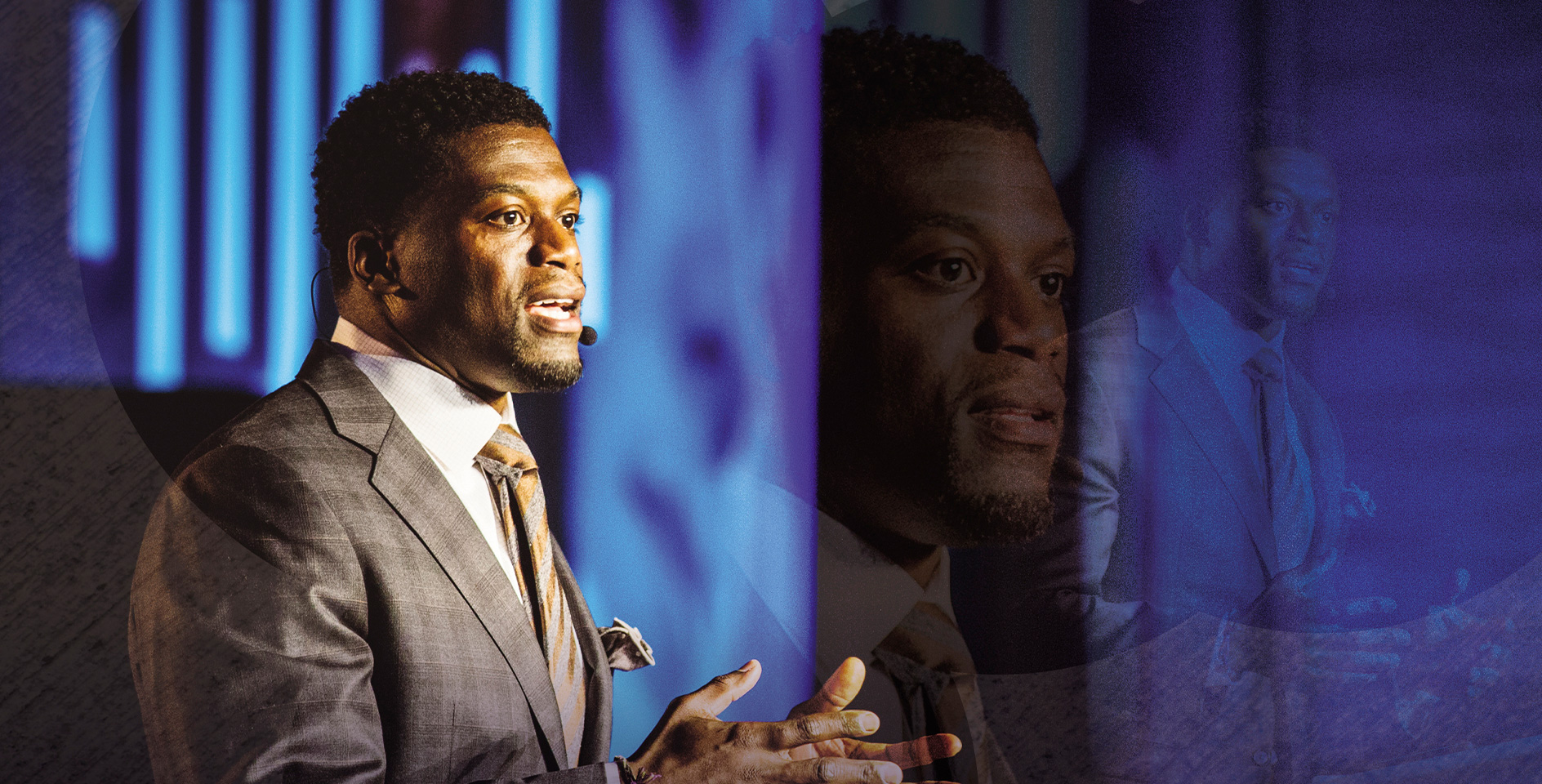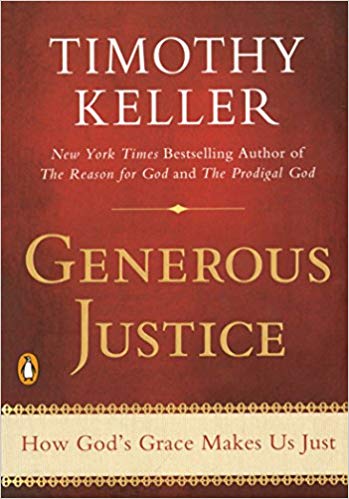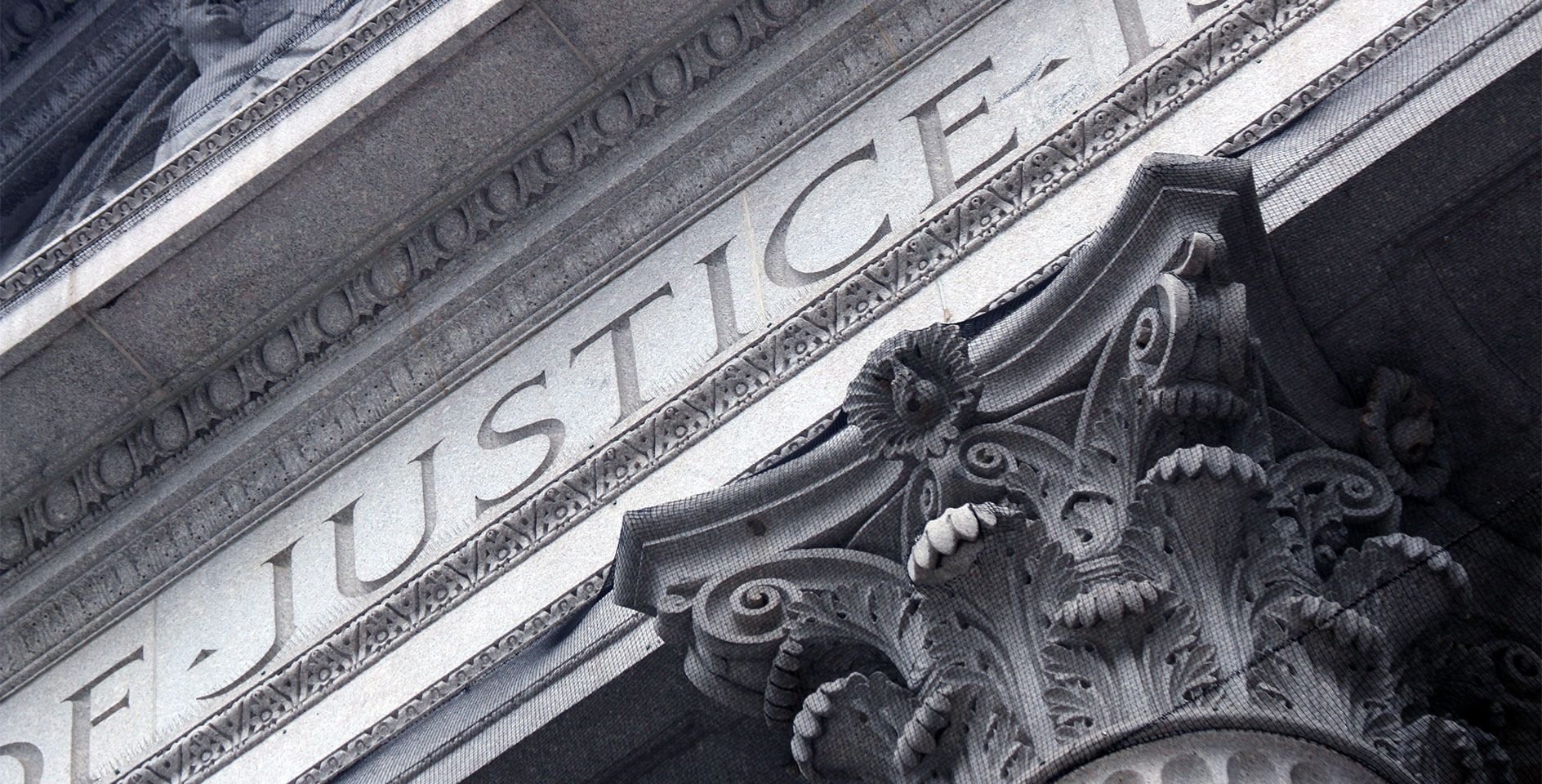Human beings are complex creatures. Aristotle described us as “rational animals.” Augustine considered humanity’s driving force to be “love.” In addition to thinking and loving, we experience the full sweep of human emotions, and we do so as creatures who are at once both embodied and spiritual beings. But beyond our complexity, we are also contradictory. Often our words fail to match our actions and our actions fail to match our beliefs. But why is it so often the case that one part of our lives fails to cohere with another, especially when we are discussing matters of great significance?
Such incongruence shows up in many areas of our lives. Perhaps the most obvious examples stem from the issues of abortion and social justice. But before considering them in detail, let us turn our attention to the root of the problem. Why is it that human beings manifest so many contradictions?
Sin and integrity
The answer is, at least in part, a simple one: sin. Each of us wakes up everyday living in the midst of a fallen world under the curse of sin (Gen. 3:14-19). The apostle Paul spoke to this reality when he said, “For I do not understand my own actions. For I do not do what I want, but I do the very thing I hate” (Rom. 7:15). Because of sin, even those most deeply committed to following Jesus struggle to live with perfect integrity. That is, we struggle to live in such a way that all of these things “hang together” with consistency. Because of sin, each of us sometimes fails to live, speak, and act in accordance with our beliefs.
Martin Luther famously ignited the Protestant Reformation by nailing his 95 theses to the Wittenberg Door. Lesser known is the fact that the first of Luther’s theses suggests that the whole of the Christian life is to be marked by repentance. Repentance is a clear example of our work to reconcile our internal contradictions. When we speak or act in a way that runs contrary to our beliefs, we repent of those actions. And in doing this we are foremost seeking to make right our offense unto God.
But, secondly, we are seeking to remedy and restore the rupture of our own integrity. For the people of God, persisting in a state of unrepentant sin throws our lives off balance. When our lives lack integrity, it is as though we are unable to walk upright. Our words, actions, and relationships are encumbered. And to address these problems, our consciences press for reconciliation.
Cognitive dissonance
But the problem is more complicated still. It is not just that sin often keeps us from acting in ways that align with our beliefs. Sometimes, it is our beliefs themselves that lack integrity, which is not to say that our beliefs are errant but that they contradict one another. For various reasons, our beliefs are occasionally in conflict. And in so much as these contradictions are apparent to us, we can work to reconcile them. Many times this reconciliation happens almost without notice. Someone might simply draw attention to your conflicting views prompting you to respond by adjusting one or the other (or both) to bring them into alignment.
Other times, though, the difficulty is much greater. In certain cases, a person may be presented with information that clearly demonstrates the contradictory nature of their beliefs and, against reason, fail to reconcile the contradiction. This is what is known as cognitive dissonance, where a person holds two or more contradictory views at the same time. And in our modern society, abortion is perhaps the most stunning example.
Abortion and social justice
Cognitive dissonance exists on both sides of the abortion fight. For those holding to the pro-life position, the dissonance is succinctly expressed in one of the most frequent criticisms of the pro-life movement. Critics argue that those who claim to be “pro-life” are really just “pro-birth.” They charge opponents of abortion with paying lip service to the “sanctity” and “value” of human life by arguing that these same people often fail to promote or defend such concepts when it comes to a host of other issues including immigration, addiction, and criminal justice.
A belief in human dignity is just that, a belief that all human life is valuable. For Christians, our belief that every person is made in the image of God means that every person possesses intrinsic and inestimable worth (Gen. 1:27). And for this reason, we adamantly oppose abortion.
Relatedly, throughout the pandemic, many have used some version of the formula “You’re not really pro-life unless . . .” to argue for everything from support for lockdowns to masks to church closures. Soon, to be sure, the same formula will be invoked to support immunization against the virus. But not a few people who are themselves ardently pro-life have bristled at this rhetoric. And many who take issue with this language do not disagree at every point with the proposals being advanced, but they understandably think it inappropriate to use someone’s opposition to abortion to browbeat them into supporting other policies. Certainly, one can deeply value human life without supporting every possible measure to mitigate the effects of the pandemic. Even so, the lines of intersection between these mitigation efforts and human dignity could not be more apparent.
A belief in human dignity is just that, a belief that all human life is valuable. For Christians, our belief that every person is made in the image of God means that every person possesses intrinsic and inestimable worth (Gen. 1:27). And for this reason, we adamantly oppose abortion. No matter how small a person may be, we believe it is no small thing to be made in the image of God. And while it is unreasonable to assume that one’s belief in human dignity therefore requires one to support a specific proposal or set of policies, it is perfectly reasonable to assume that the same “pro-life ethic” that one uses to oppose abortion would be applied to all of life.
Sadly, that has not been the case for many who consider themselves pro-life. Too often, many in the pro-life camp have validated this criticism by rightly expressing staunch opposition to abortion while remaining apathetic in the face of other kinds of injustice or human suffering. But again, this dissonance occurs on both sides of the aisle. Advocates of social justice are frequently the loudest critics of the “hypocrisy” of pro-lifers. But in reality, the dissonance regularly on display by many proponents of social justice is even more staggering.
Theoretically, advocates of social justice engage such work because they likewise esteem the value of human life. Efforts to promote justice, alleviate suffering, end hunger, advance literacy, and care for the poor, the marginalized, and the vulnerable are driven by a desire to see people flourish. Such endeavors are laudable. Not only that, but they are obviously rooted in a high view of the human person. It is therefore all the more mystifying why proponents of social justice so rarely support any measures to protect and secure the well-being of the most vulnerable population on the planet—infants within their mothers’ wombs. The willingness to make any sacrifice to bring relief to those in distress except the people afflicted by our society’s most egregious and violent practice is nothing less than cognitive dissonance on full display.
And lest one claim that “a fetus is not a person,” it is crucial to remember that such beliefs are contradicted not only by theology but science. It’s true that infants in their mothers’ wombs are wholly dependent beings, not unlike newborn children or adults in the most advanced stage of human development. But dependence in no way negates a person’s worth. Even more persuasive is the fact that modern technologies such as 4D ultrasounds not only allow us to see the heartbeat of a child in utero, but literally bring us face to face with an unborn person. Through 4D imaging we can behold a child’s facial features and witness the movement of human hands and feet. Ultimately, as Nancy Pearcey argues, because of “advances in genetics and DNA, virtually all professional bioethicists agree that life begins at conception.” Children in the womb are vulnerable and most deserving of protection. How a person could champion the value of life while callously turning away from the suffering of the unborn is utterly beyond comprehension.
Reconciling the tension
Thankfully it is not the case that all pro-life advocates have a limited appreciation for human dignity. Nor is it the case that every advocate for social justice ignores the plight of the unborn. In fact, many people in both camps display an exemplary integrity of belief, one that consistently applies their core values across the board—to the born and unborn alike. And it is that kind of integrity to which we should all strive. After all, to do so is to follow the example of Jesus.
Jesus was perfectly consistent in his beliefs, regardless of the cost. And he never decided which people mattered. He affirmed the value of every person, especially those most frequently overlooked. Following his example will transcend any party platform or ideology. It may keep you out of step with those on “your side,” but it will never lead toward error or contradiction. Cognitive dissonance affects all of us. Fixing your eyes on Jesus is the path to integrity.










